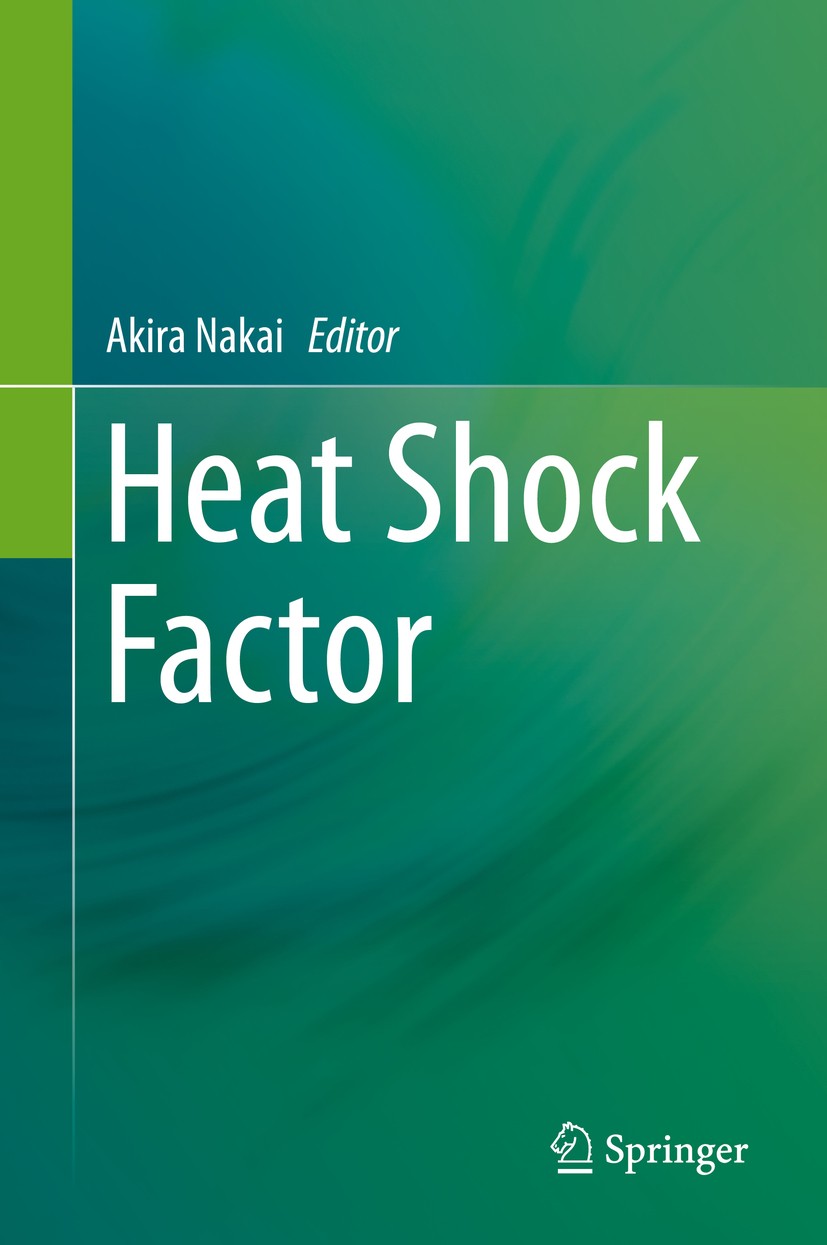| 书目名称 | Heat Shock Factor | | 编辑 | Akira Nakai | | 视频video | http://file.papertrans.cn/425/424999/424999.mp4 | | 概述 | Provides detailed descriptions of HSF biology and physiology, as well as diseases related to its function..Includes numerous schematic diagrams and tables to facilitate readers’ systematic understandi | | 图书封面 |  | | 描述 | This book presents a large amount of information related to the heat shock response and heat shock factor (HSF), describes core observations about molecular mechanisms and pathophysiological roles, and provides fundamental concepts on the basis of information from diverse aspects. This adaptive response to high temperature or protein misfolding is a fundamental mechanism to maintain the capacity of protein homeostasis, or proteostasis, and is evolutionally conserved among all living organisms, including bacteria and humans, on the earth. Furthermore, physiological and pathological roles of HSF have been extensively studied in fruit fly, worm, and mouse models. It has been revealed that HSF plays roles in development of the brain, reproductive and sensory organs, and in ageing, inflammation, and circadian rhythm. Analysis of the mechanisms have uncovered that HSF exerts a wide range of effects on gene expression and epigenetic status on the whole genome. Moreover, loss or gain of HSF function is also closely related to protein-misfolding diseases including neurodegenerative diseases, psychiatric diseases, heart diseases, and cancers. Therefore, HSF is now thought to be a promising t | | 出版日期 | Book 2016 | | 关键词 | Heat shock; Protein homeostasis; Proteostasis; Heat shock response; HSF; Heat shock protein; High temperat | | 版次 | 1 | | doi | https://doi.org/10.1007/978-4-431-55852-1 | | isbn_softcover | 978-4-431-56711-0 | | isbn_ebook | 978-4-431-55852-1 | | copyright | Springer Japan 2016 |
The information of publication is updating

|
|
 |Archiver|手机版|小黑屋|
派博传思国际
( 京公网安备110108008328)
GMT+8, 2026-1-2 08:46
|Archiver|手机版|小黑屋|
派博传思国际
( 京公网安备110108008328)
GMT+8, 2026-1-2 08:46


